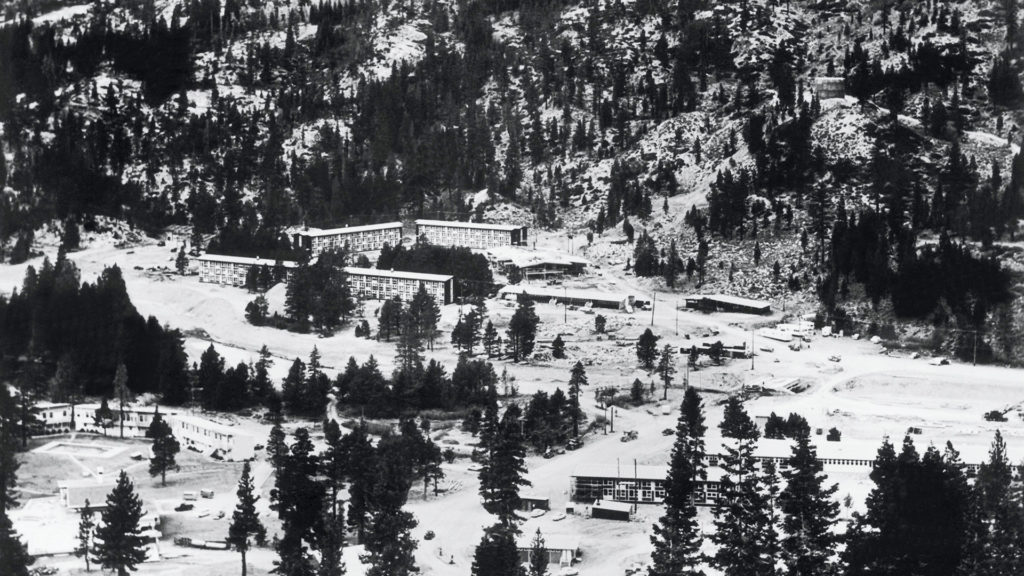The Salt Lake City 2002 Olympic Winter Games set attendance records for a Winter Games, selling more than 1.5 million tickets and attracting a daily average of more than 70,000 fans per day.

Landowner Alexander Cushing had a dream of turning an uninhabited valley near Lake Tahoe into the host of the Olympic Winter Games. Within five years, Squaw Valley transformed from an undeveloped site into a fully functioning town.
Speed skating, figure skating and hockey were all held on artificial ice for the first time ever, with the United States claiming a dramatic gold medal in hockey for the first time ever. CBS had purchased the exclusive rights to televise the Games in the United States – the first that that was done – and instant replay was born when Olympic officials asked CBS to check and see if a skier had missed a gate in the men’s slalom event.

U.S. Olympic & Paralympic Museum offers parking in the adjacent Park Union District lot for $7.50 per-day. Metered parking is also available on Sierra Madre and Vermijo.
Subscribe now to keep up to date on Museum news and events!
Olympic Marks are used under license from the U.S. Olympic & Paralympic Committee. 36 U.S.C. 220506
Website development supported in part by a grant from the Colorado Tourism Office.